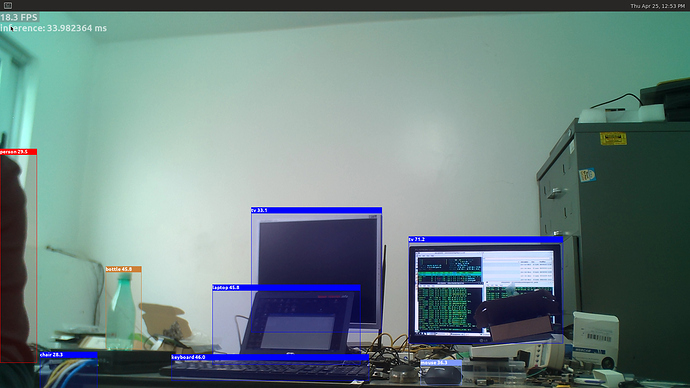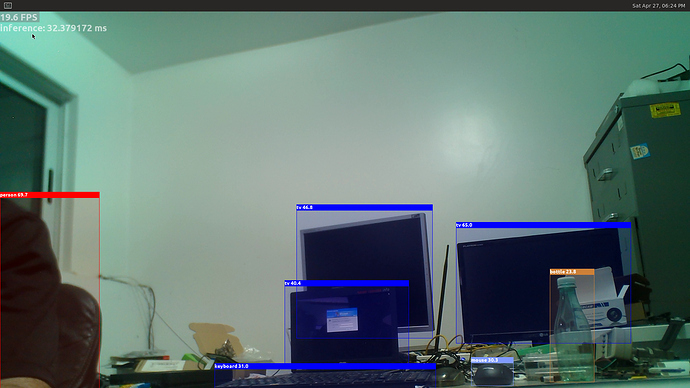I have my DT like this:
cpu0_opp_table: cpu0-opp-table {
compatible = "operating-points-v2";
opp-shared;
mbist-vmin = <825000 900000 950000>;
nvmem-cells = <&cpu_leakage>, <&core_pvtm>, <&mbist_vmin>, <&cpu_opp_info>;
nvmem-cell-names = "leakage", "pvtm", "mbist-vmin", "opp-info";
rockchip,max-volt = <1200000>;
rockchip,pvtm-voltage-sel = <
0 84000 0
84001 87000 1
87001 91000 2
91001 100000 3
>;
rockchip,pvtm-freq = <408000>;
rockchip,pvtm-volt = <900000>;
rockchip,pvtm-ch = <0 5>;
rockchip,pvtm-sample-time = <1000>;
rockchip,pvtm-number = <10>;
rockchip,pvtm-error = <1000>;
rockchip,pvtm-ref-temp = <40>;
rockchip,pvtm-temp-prop = <26 26>;
rockchip,thermal-zone = "soc-thermal";
rockchip,temp-hysteresis = <5000>;
rockchip,low-temp = <0>;
rockchip,low-temp-adjust-volt = <
0 1992 75000
>;
opp-408000000 {
opp-hz = /bits/ 64 <408000000>;
opp-microvolt = <850000 850000 1150000>;
opp-microvolt-L3 = <900000 900000 1150000>;
clock-latency-ns = <40000>;
};
opp-600000000 {
opp-hz = /bits/ 64 <600000000>;
opp-microvolt = <850000 850000 1150000>;
opp-microvolt-L3 = <900000 900000 1150000>;
clock-latency-ns = <40000>;
};
opp-816000000 {
opp-hz = /bits/ 64 <816000000>;
opp-microvolt = <850000 850000 1150000>;
opp-microvolt-L3 = <900000 900000 1150000>;
clock-latency-ns = <40000>;
opp-suspend;
};
opp-1104000000 {
opp-hz = /bits/ 64 <1104000000>;
opp-microvolt = <900000 900000 1150000>;
opp-microvolt-L0 = <900000 900000 1150000>;
opp-microvolt-L1 = <850000 850000 1150000>;
opp-microvolt-L2 = <850000 850000 1150000>;
opp-microvolt-L3 = <900000 900000 1150000>;
clock-latency-ns = <40000>;
};
opp-1416000000 {
opp-hz = /bits/ 64 <1416000000>;
opp-microvolt = <1025000 1025000 1150000>;
opp-microvolt-L0 = <1025000 1025000 1150000>;
opp-microvolt-L1 = <975000 975000 1150000>;
opp-microvolt-L2 = <950000 950000 1150000>;
opp-microvolt-L3 = <1000000 1000000 1150000>;
clock-latency-ns = <40000>;
};
opp-1608000000 {
opp-hz = /bits/ 64 <1608000000>;
opp-microvolt = <1100000 1100000 1150000>;
opp-microvolt-L0 = <1100000 1100000 1150000>;
opp-microvolt-L1 = <1050000 1050000 1150000>;
opp-microvolt-L2 = <1025000 1025000 1150000>;
opp-microvolt-L3 = <1000000 1000000 1150000>;
clock-latency-ns = <40000>;
};
opp-1800000000 {
opp-hz = /bits/ 64 <1800000000>;
opp-microvolt = <1150000 1150000 1150000>;
opp-microvolt-L0 = <1150000 1150000 1150000>;
opp-microvolt-L1 = <1100000 1100000 1150000>;
opp-microvolt-L2 = <1075000 1075000 1150000>;
opp-microvolt-L3 = <1050000 1050000 1150000>;
clock-latency-ns = <40000>;
};
opp-1992000000 {
opp-hz = /bits/ 64 <1992000000>;
opp-microvolt = <1150000 1150000 1150000>;
opp-microvolt-L0 = <1150000 1150000 1150000>;
opp-microvolt-L1 = <1150000 1150000 1150000>;
opp-microvolt-L2 = <1125000 1125000 1150000>;
opp-microvolt-L3 = <1100000 1100000 1150000>;
clock-latency-ns = <40000>;
};
};
How to set 1.8 Ghz, any idea?

 Are you using nyanmisaka zero-copy FFMPEG?
Are you using nyanmisaka zero-copy FFMPEG?